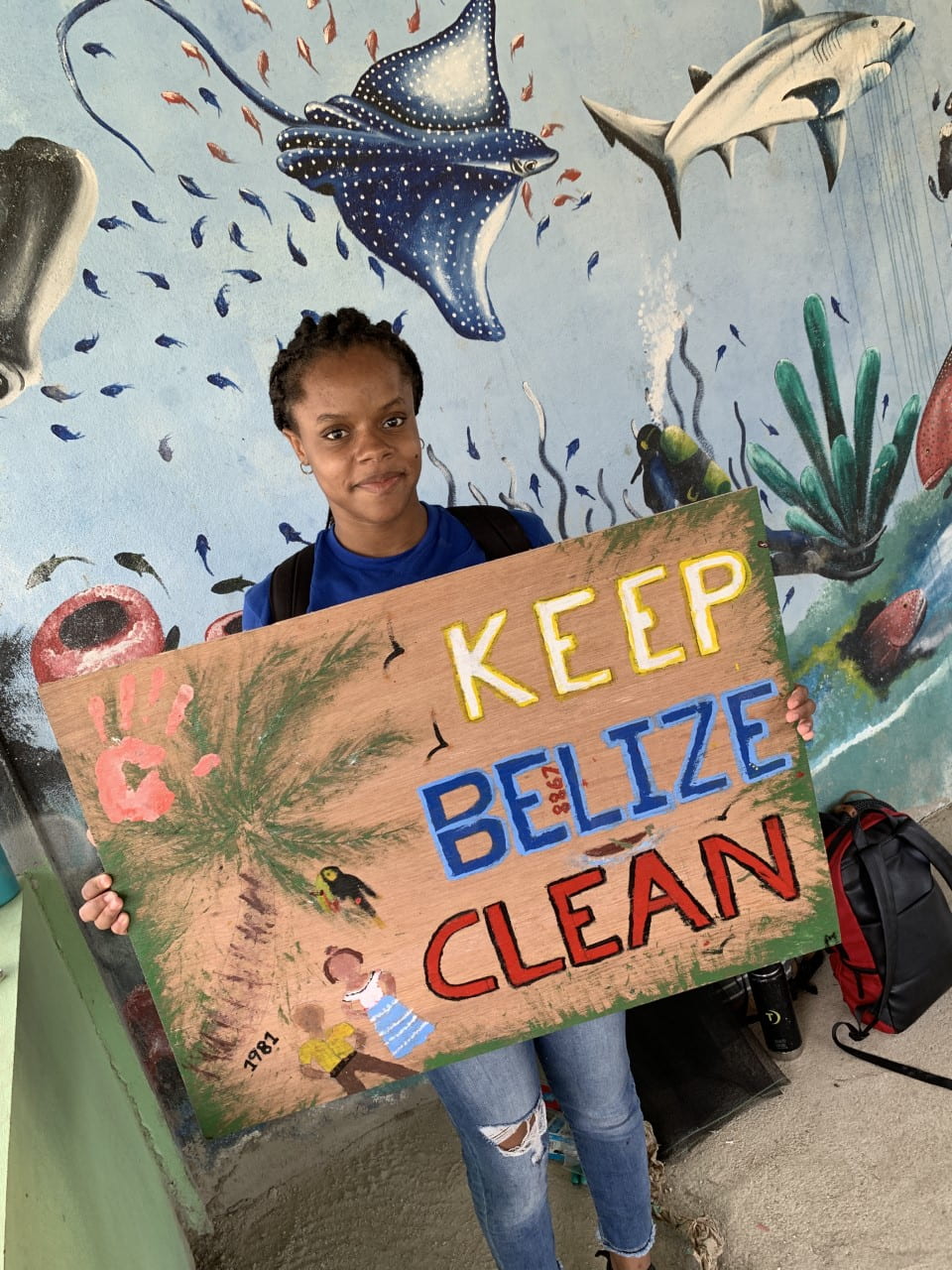Kayla Gayle
Staff Writer
The travel moratorium Broward College implemented in spring 2020 due to COVID-19 has deferred many programs throughout the institution. In regards to the Study Abroad Program, all faculty-led programs and some programs sponsored through College Consortium for International Studies (CCIS) have been suspended.
The college offers two study abroad pathways: faculty-led programs and CCIS programs. Faculty-led programs are experiential learning opportunities connected to courses a student is taking. They are short-term, one to three weeks, trips that differ every year due to professors’ proposals. CCIS programs are long-term learning experiences that last between a month to a semester-long. Students are able to choose from 25 countries and multiple programs aligned by one’s major or interests.
Each program has its own individual requirements. However, faculty-led programs’ two baseline requirements are for students to have a 2.5 cumulative GPA and be at least 18-years-old.
Due to the sudden travel ban, one of the last trips help by the college was the Spring Break 2020 trip to Belize.
“We were really happy that we got to see the people just before COVID. But it was really unfortunate that we returned to it because we left when nothing existed, we returned when everything was just getting really bad,” 21-year-old Malkia Higgins said. “It was just night and day; we left the world when it was normal and returned when it was crazy.”
Higgins and recent Broward College graduate Sofia Hoyas were two of the groups of students on the trip to Belize.
“I’ve always wanted to do Study Abroad. I am Jamaican and I felt like I needed to see more of the world; I’ve seen a lot of the parts of the US and I’ve seen Jamaica but I really wanted to see other parts,” Higgins said. “I was really happy to have seen Belize. I saw the opportunities and there are plenty of other places that (Broward College offered) but the Belizean trip really fit into all my needs.”
The international Belize trip, as well as all the others offered, was both intellectually and culturally educational. For instance, the students involved studied Belizian history while interacting with natives and respectfully participating in their culture.
“I don’t think in my entire life heading forward will I ever have an experience so rewarding. I met the most beautiful souls, I saw the most beautiful sights, I had the most delicious food, I learned so much from people and saw the friendliest faces, the brightest smiles,” Higgins said. “It sounds like a dream, a beautiful dream.”
The two-week trip had a packed schedule ranging from snorkeling and making chocolate through an ancient Mayan technique to visiting Lubaantun and volunteering at schools in the remote village Barranco.
In such a short amount of time, the trip was able to help students expand their mindsets and develop their knowledge.
“I thought (the trip) was life-changing. It’s one of those things people have to do once in their life, they have to look to the other side. I feel like we spend a lot of time complaining; we aren’t appreciative of how privileged we are and everything we have,” Hoyas said. “So going to Belize kind of showed me a little bit of the other side, even though I have experienced it myself in Columbia (where I was born), but it also showed me how a community can live peacefully and respectfully.”
The Belize trip left a deep impression on the students that were able to participate in the program.
Faculty and program coordinators hope for improvements in the world’s current circumstances in order for more students to be able to experience this opportunity.
The travel moratorium led to discussions about implementing an online Study Abroad Program.
“It has to be well structured,” Higgins said about a possible remote Study Abroad Program. “(Faulty) will have to have a great interactive interface for (students) to feel like they’re interacting with the guests, not just having it over Zoom. (There should be) a video where the guest is, where the locals are talking, seeing the Belizeans and the Belizean money, seeing how different the soil is, seeing how still the water is, seeing how the natives speak and hearing their different dialects; learning about their culture.”
“Now, of course if it’s just a couple of videos and so it may be okay for some people but for the person who yearns physical contact and has to struggle with online learning for study abroad, they’d have to create a really immersive interactive interface,” Higgins said.
Faculty and staff share the same beliefs as Higgins.
“We do understand that for a lot of students the main experience would be actually traveling abroad and getting the experiential learning part of the program because in the faculty-led programs they are taking a class,” Study Abroad and Global Engagement Program Coordinator Violeta Rivera said. “What is interesting about the programs is that on top of that class that you could take any other given semester, you are going to a different place to see how the content of the knowledge of the class that you’re taking, it’s applied in the real world.”
For more information and updates on the Study Abroad Programs please visit broward.edu/studyabroad.
